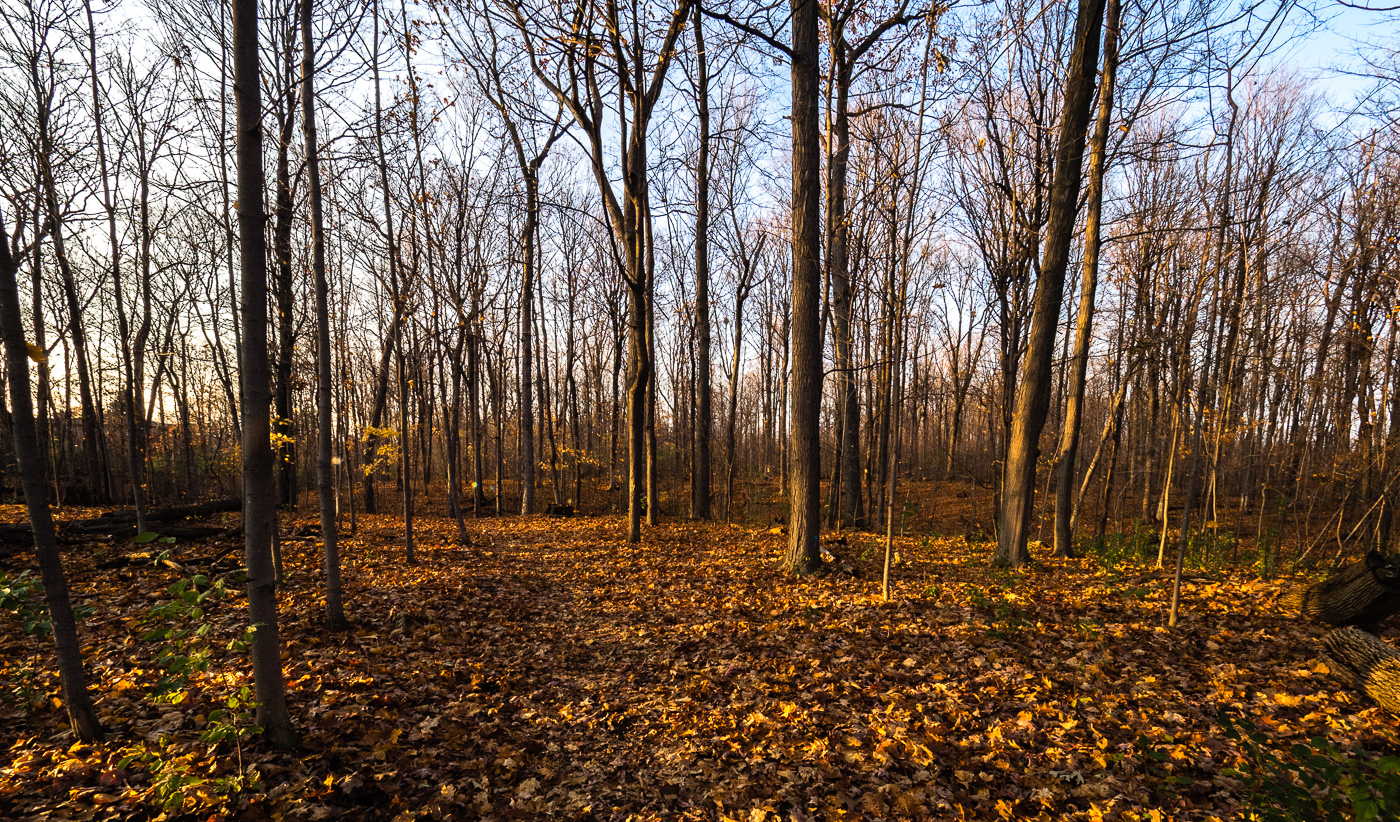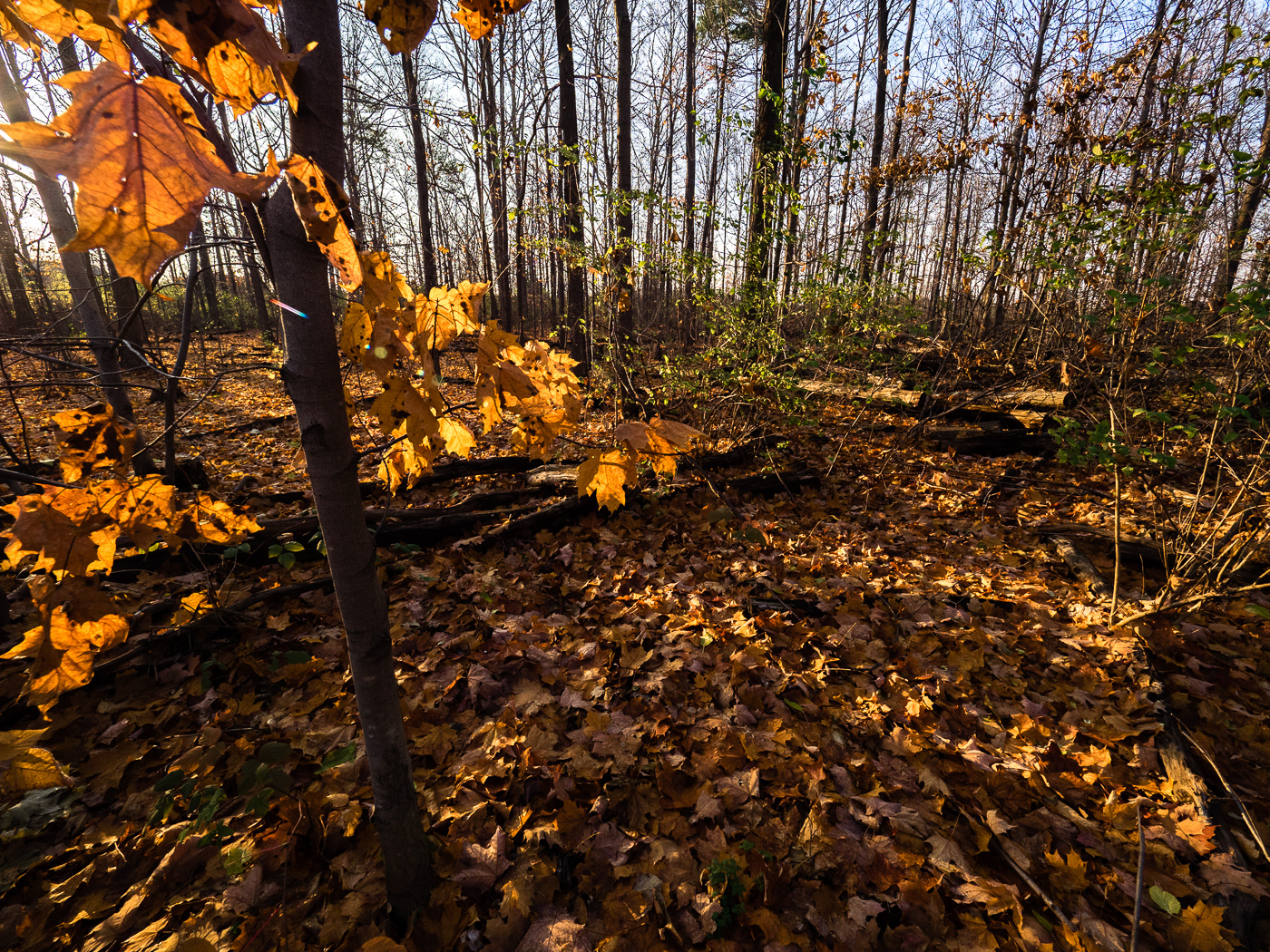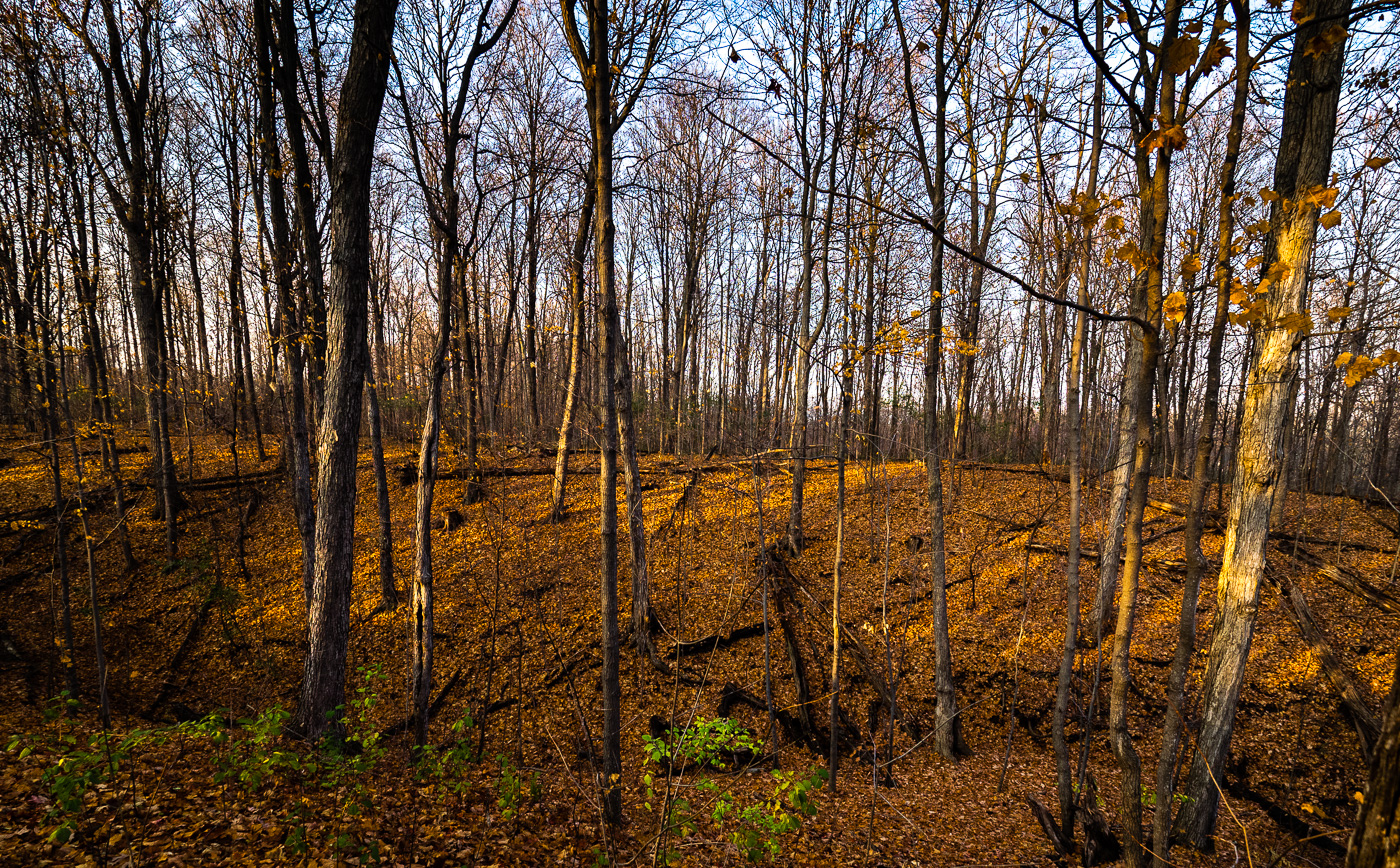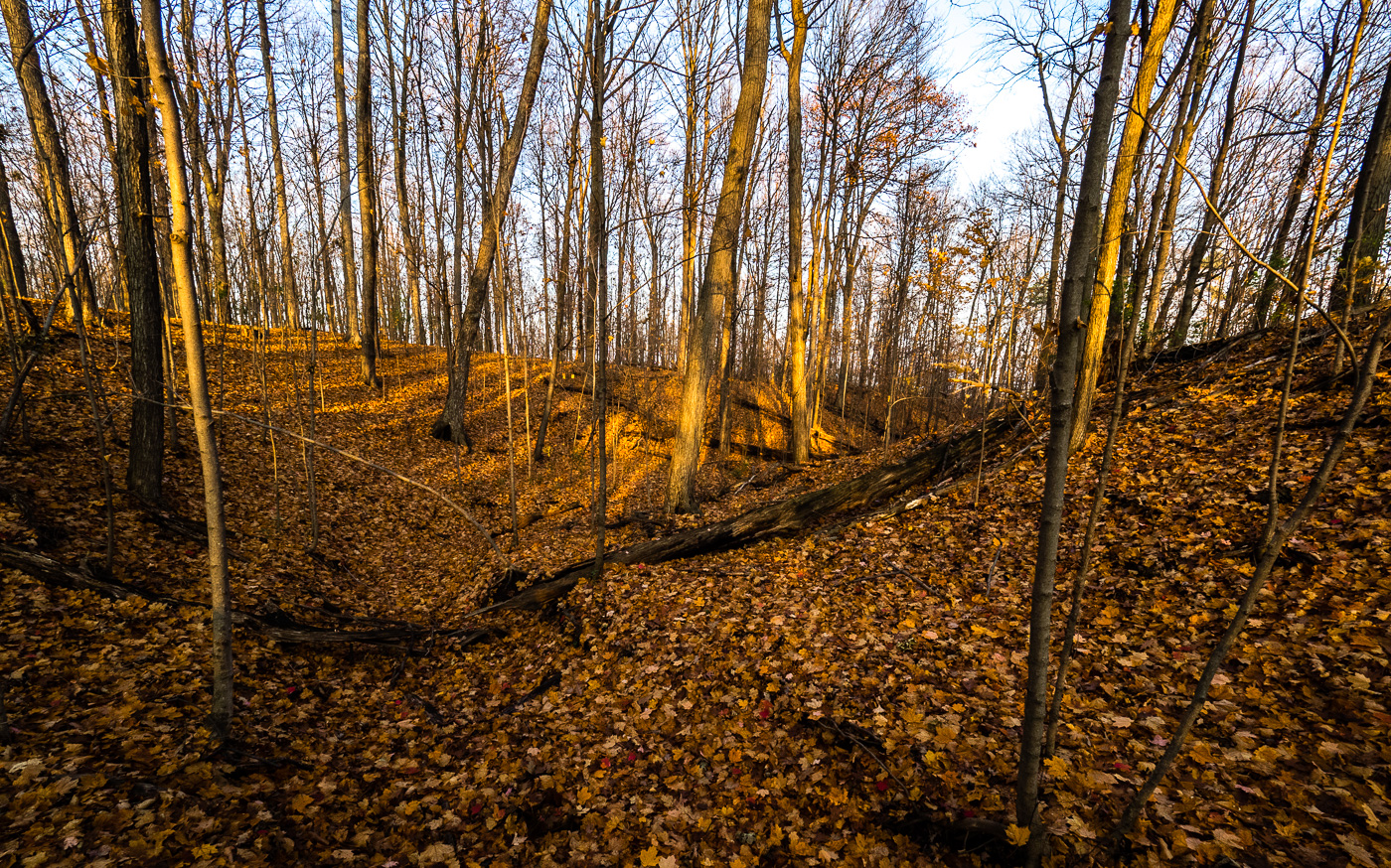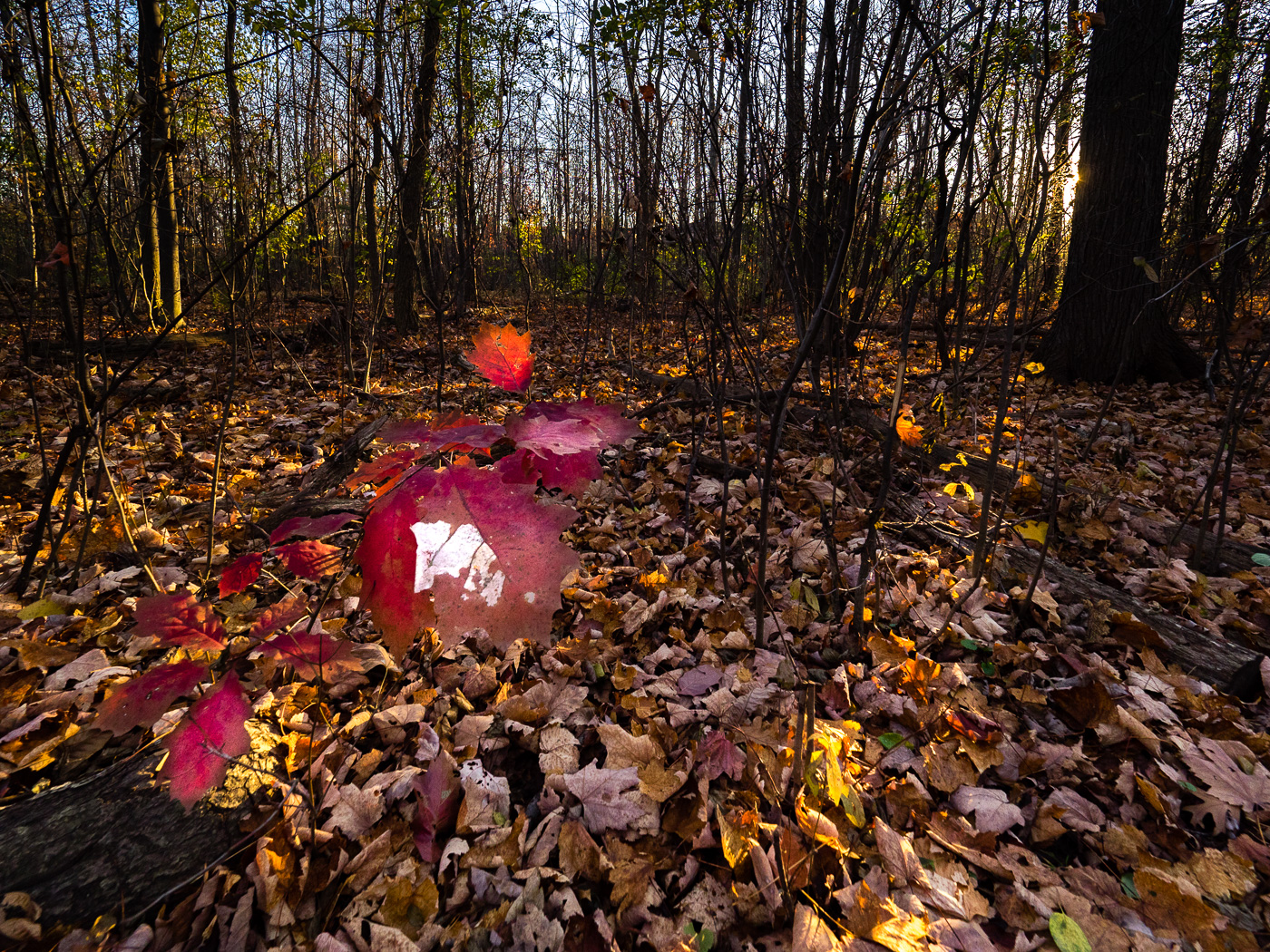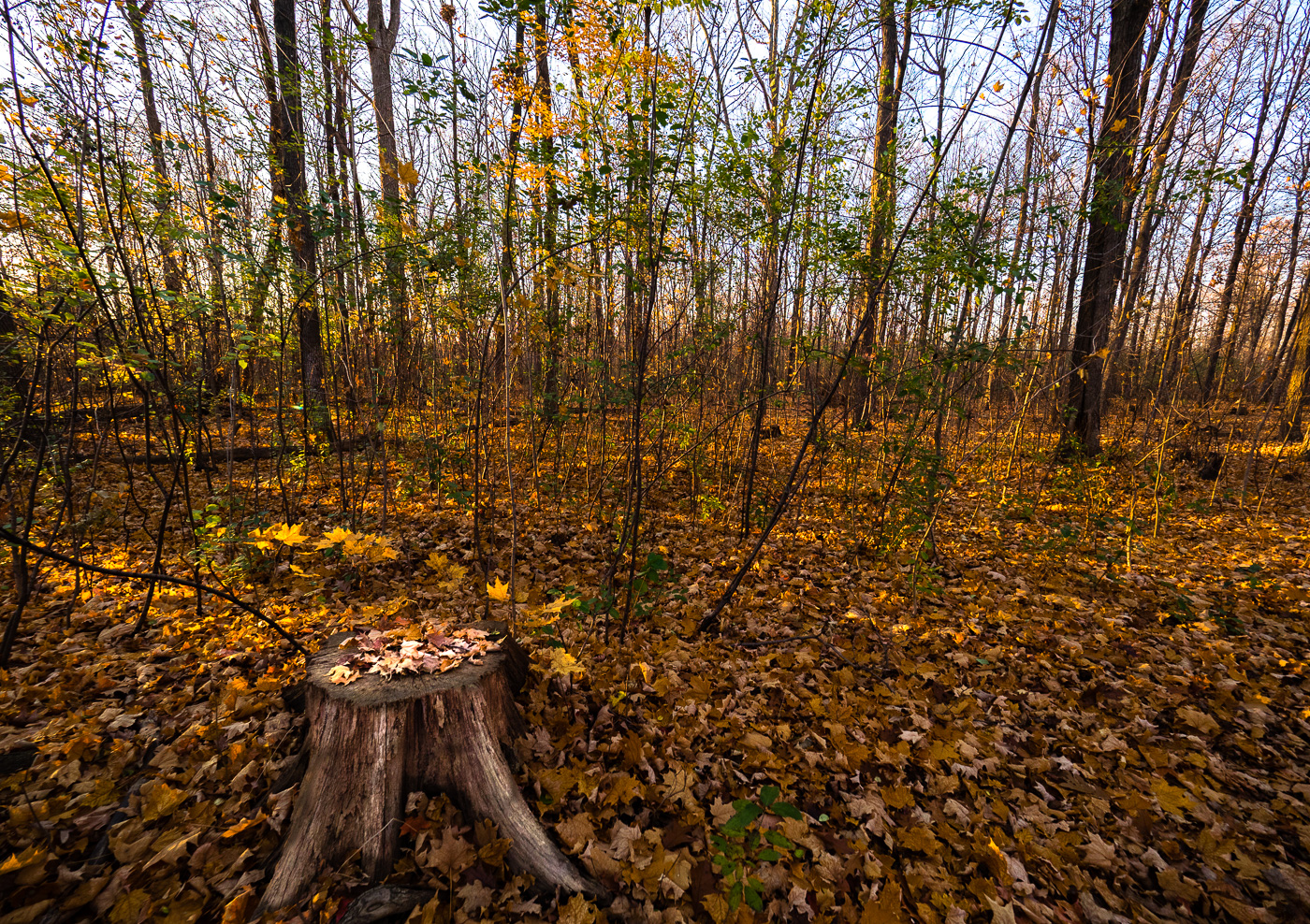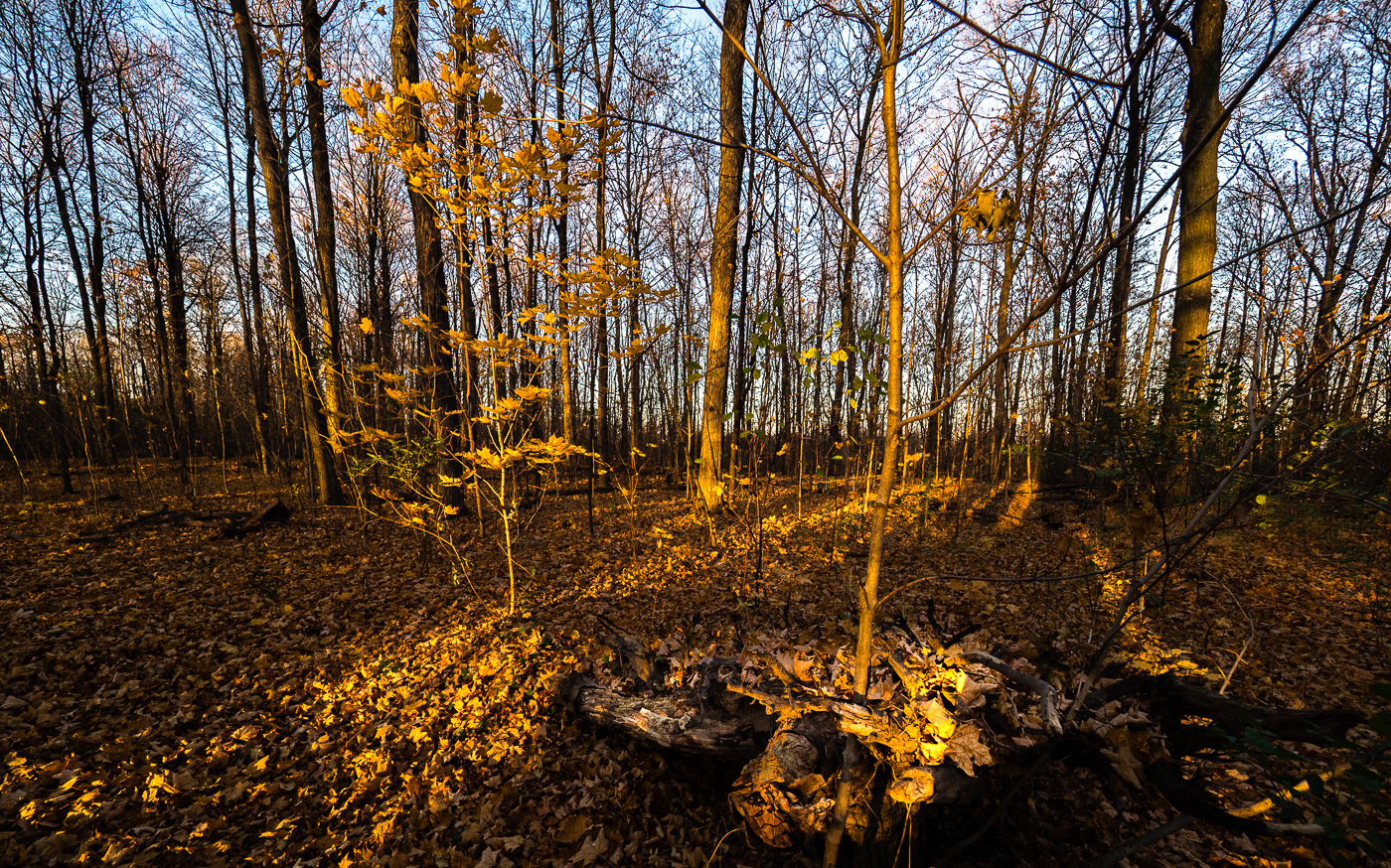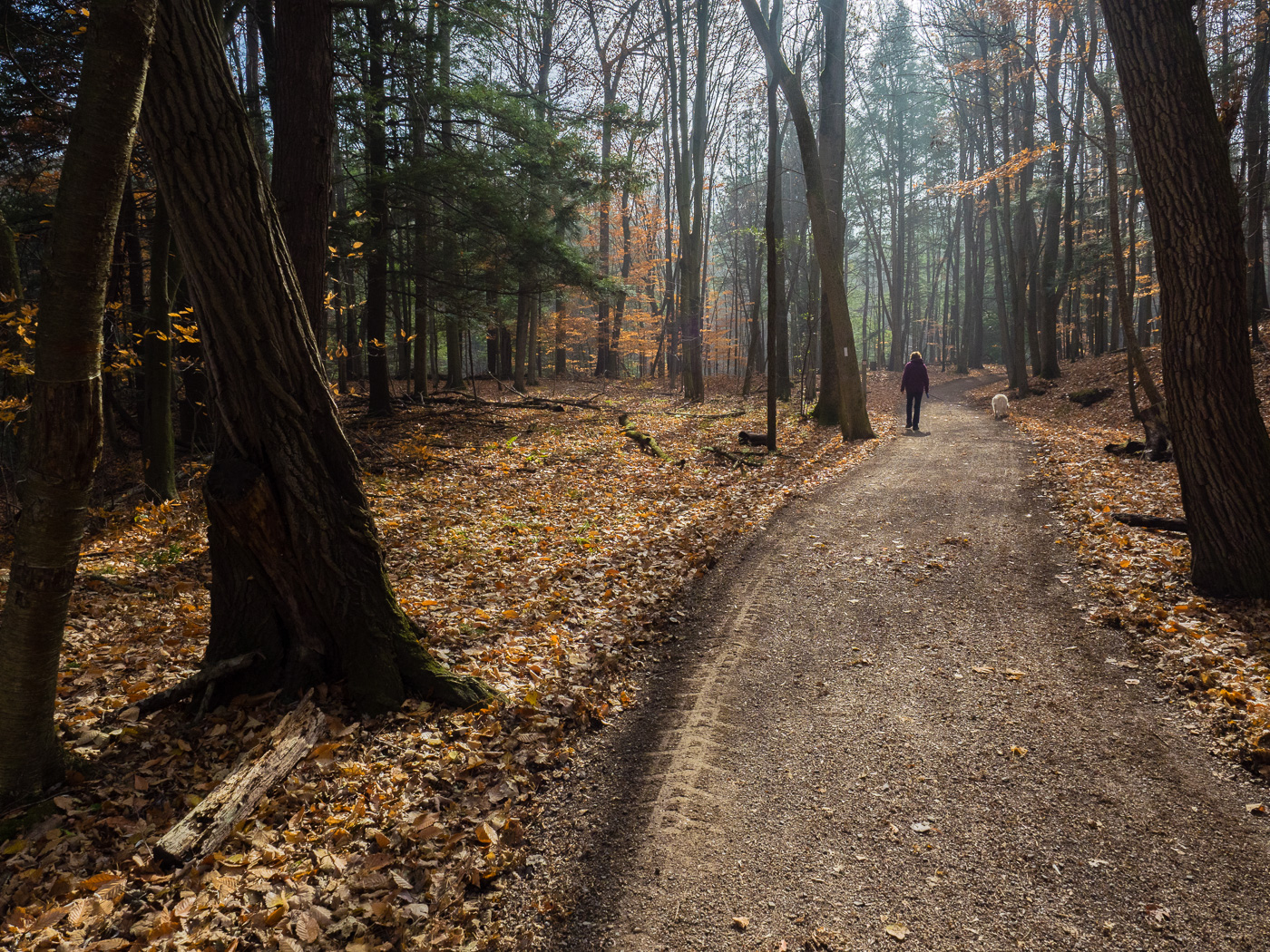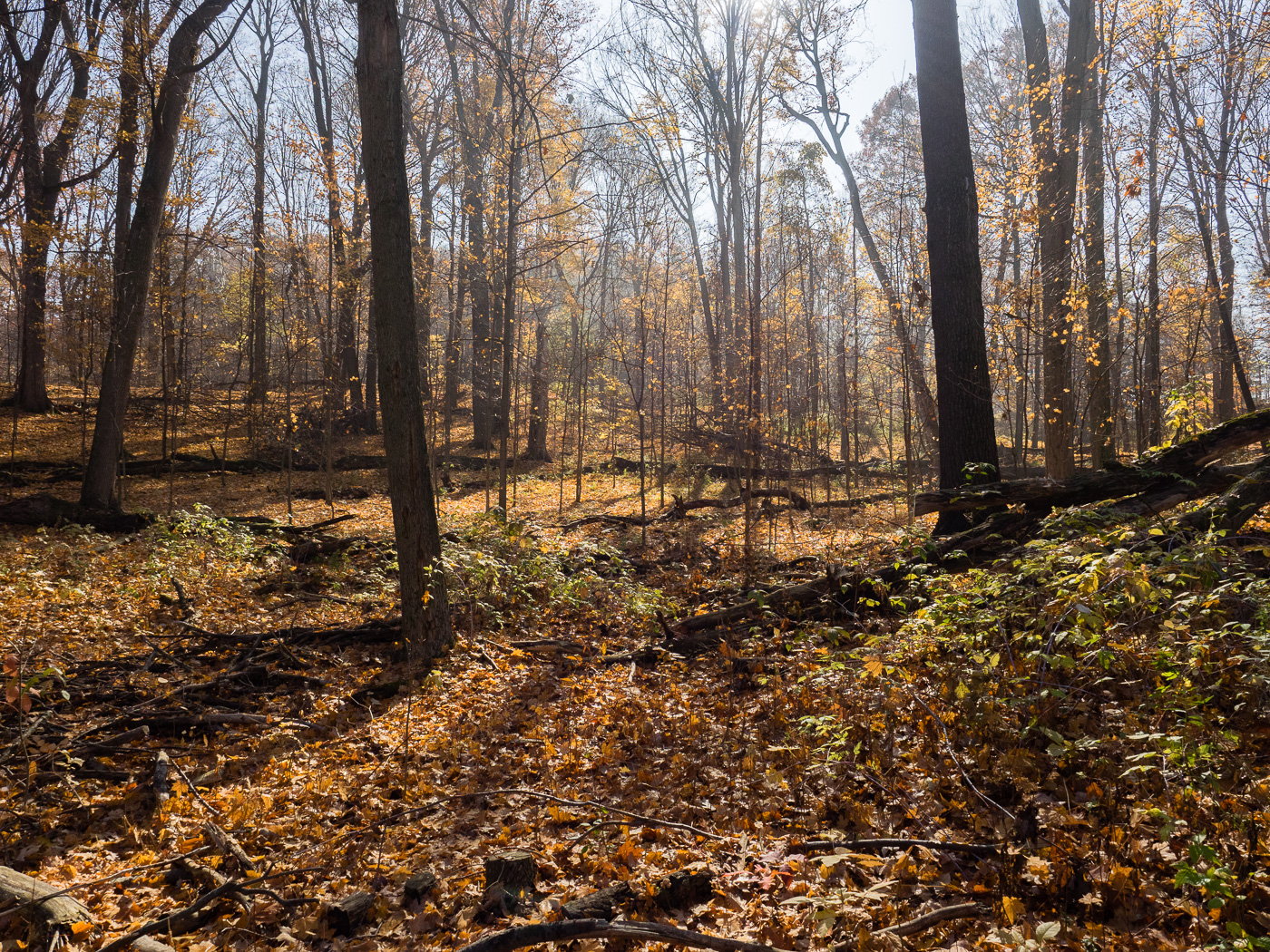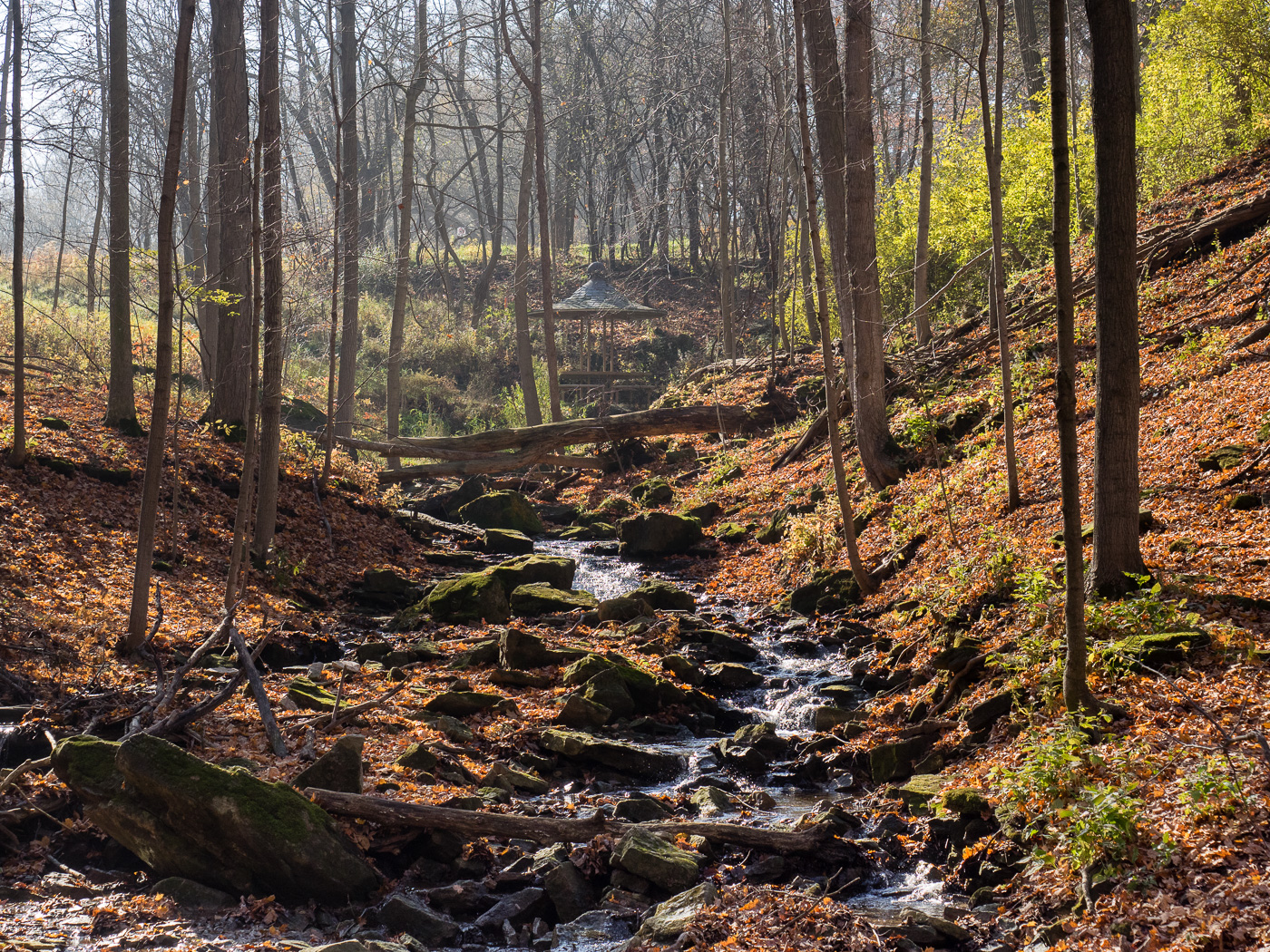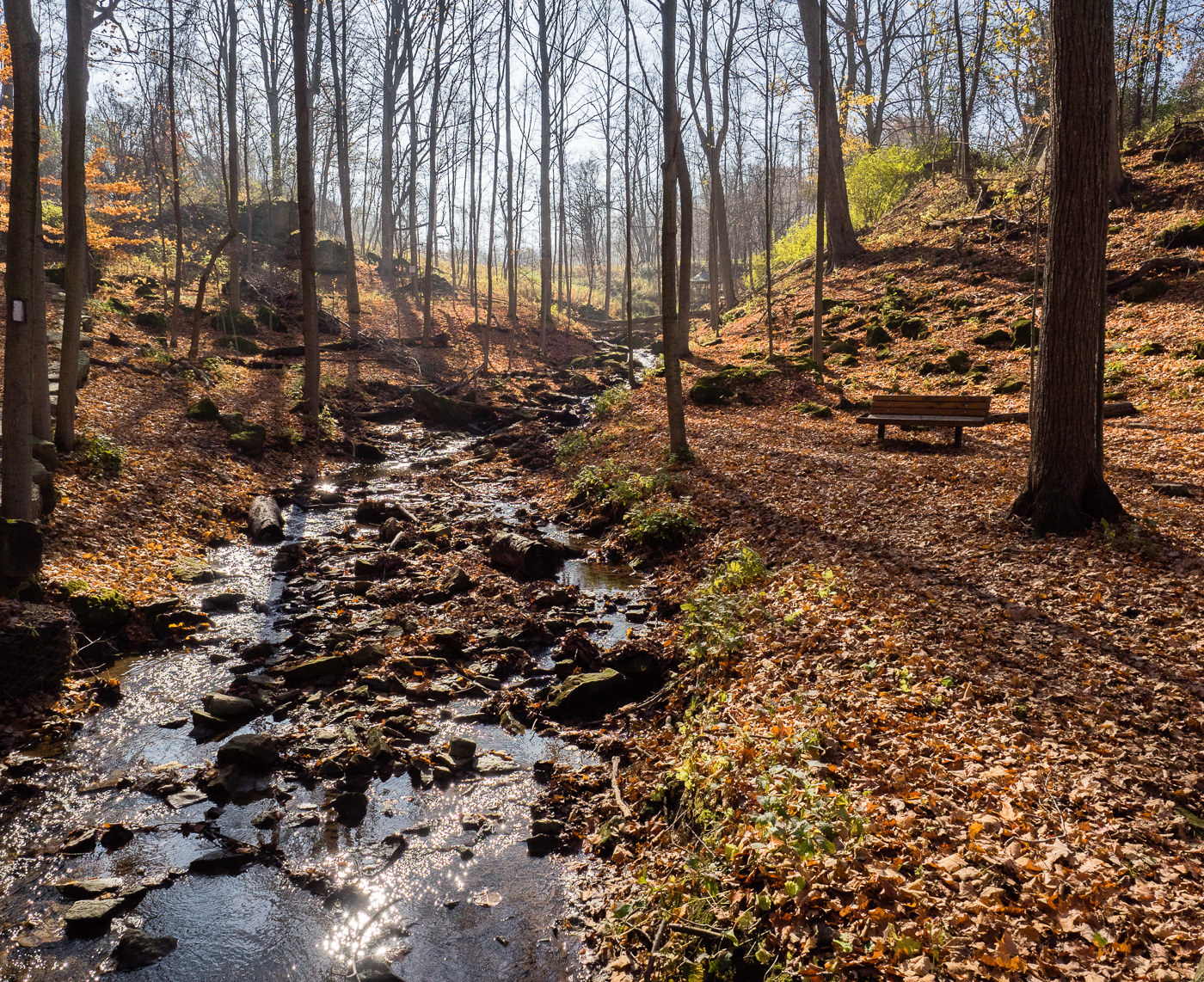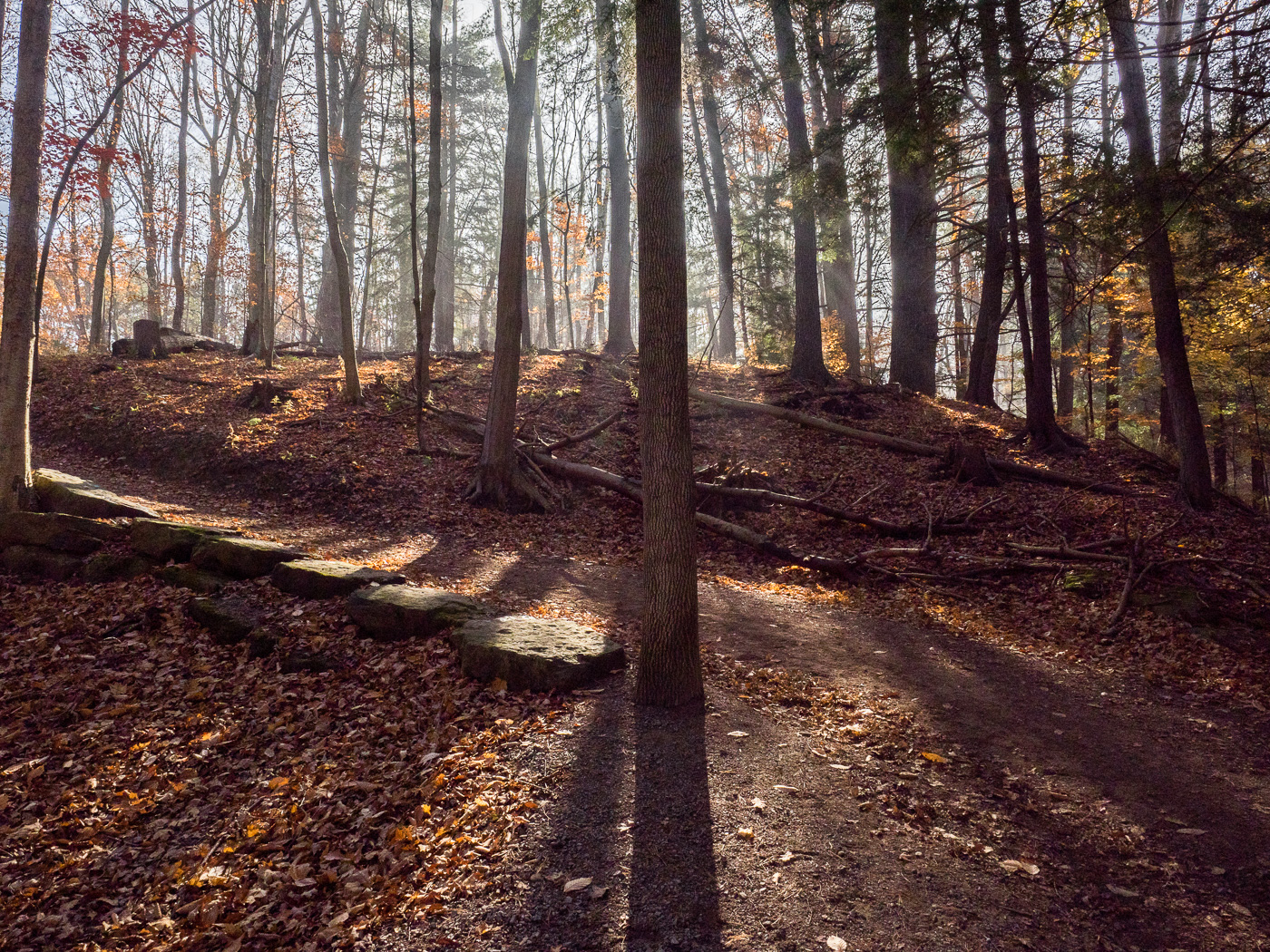While barrèd clouds bloom the soft-dying day,
And touch the stubble-plains with rosy hue:
Fading light in the late afternoon
Anglican Church of Canada fined for unsafe work environment
From here:
The Sorrento Centre Anglican Church of Canada was fined $14,384 for allowing workers to be in an area where there was damaged and exposed asbestos without using adequate personal protective equipment or safe work procedures.
“The firm should first have ensured that all friable (easily crumbled) asbestos-containing materials were removed or enclosed so as to prevent the release of asbestos fibres,” reads a recently released WorkSafe B.C. report. “These designated high-risk violations may have exposed workers to asbestos, a known carcinogen.”
The church has filed a notice of appeal, but the Sorrento Centre representative dealing with the matter was out of the office and not available for comment Wednesday.
The ACoC has not yet been fined for exposing parishioners to an unsafe worship environment, something that happens almost every Sunday in most parishes. A good start would be to issue earplugs at the door to render the social justice sermon gibberish inaudible.
Dundas Valley
On the occasion of a Baptism and the Re-Naming of a Transgendered Person
St. Alban’s in Ottawa used to house a congregation that, in 2008, aligned itself with ANiC. Negotiations with the Diocese of Ottawa resulted in the ejection of the resident congregation and the installation of a transplanted congregation, an oft repeated ACoC strategy to create the illusion that it needed the buildings. It’s the ACoC version of church planting: Potemkin Planting.
Since then, interesting things have been happening. For example, in September, a baptism service was accompanied by a Liturgy for the Re-Naming of a Transgendered Person.
Apparently, such renaming liturgies are not as uncommon as the naive might suspect. The House for All Sinners and Saints in Denver, “a group of folks figuring out how to be a liturgical, Christo-centric, social justice-oriented, queer-inclusive, incarnational, contemplative, irreverent, ancient / future church”, has one. When I read the article below I assumed that a re-baptism had taken place – something that was considered by the CofE – but, it seems the liturgy is merely a renaming.
In the interest of complete inclusion, the originator of the renaming liturgy – Rev. Nadia Bolz-Weber – also offers an annual liturgical blessing for bicycles.
Even in the face of all the evidence, some clerics are still genuinely shocked that a common secular view of the church is that it spends much of its time plumbing the depths of the absurd.
From here:
On the occasion of a Baptism, and the Re-Naming of a Transgendered Person
Eliot, you too will be anointed today, just as you were anointed at your own baptism many years ago. You continue to bear the name of Christ, the anointed one, beloved child of God. We re-affirm that today. That has not changed. But some things do change. Often our faith journeys can take twists and turns as we live and grow into the people that God created us to be. Today you take on a new name as a testimony to the person you have become and as a testimony to the God who welcomes us as his children, loves us through all the twists and turns of our life journeys, and promises to make all things new.
[…..]The truth is, I may never be able to understand what it’s like to be a non-binary gendered trans person. I don’t even know if I said that right. But, at least in our better moments, by the grace of God, we are able to be generous by offering our support to a fellow traveller who bears the name of Christ on their faith journey.
Soon, we will turn to Davis and we will pledge to do all in our power to support him in his life in Christ.
Then not long after that we will turn to Eliot and pledge as follows:
“Eliot, we will walk with you.”
Diocese of Ottawa voting on whether to divest from fossil fuels
From here:
Delegates from 114 area Anglican congregations will decide this weekend whether to make a major statement on climate change by divesting their diocese of $1 million in oil and gas stocks.
“It’s become a moral and ethical issue,” said Carleton University biology professor and ecologist Lenore Fahrig, one of a small group of church members who will table four climate change-related motions at the Anglican annual diocese synod, or summit, beginning Friday.
“We know how it’s affecting nature and we know how it’s affecting people and we know how to avoid it,” she said. “It is entirely about profits, about money. What divestment does is make the statement that we have to pull out of this fossil fuel-based economy.”
Local Anglican churches have a combined stock portfolio worth $30 million administered centrally, she said.
Fahrig, a member of the St. Matthew’s Church congregation, has been speaking with Anglican groups about possible oil and gas divestment for more than a year.
“I’ve done at least 15 presentations around the diocese,” she said, “and pulled together a small team of people interested in this idea.”
The group will table four motions:
-
To divest locally in oil and gas companies.
-
To propose to the General (national) Synod meeting next summer that the entire Anglican Church of Canada divests of oil and gas stocks.
-
To launch an education program on climate change for all local churches.
-
To devise a plan to “de-carbonize” all Anglican churches.
If the motion passes, delegates will be forcibly de-carbonized. Their cars will be impounded, they will be given bicycles to ride home and they will be searched for plastics before leaving. Technology items such as iPhones and computers will be liberated since they depend on fossil fuel for their production. Plastic lens spectacles along with all synthetic cloth garments, including cassocks, will be confiscated.
Nude delegates will be invited to cover themselves with copies of Greening Sacred Spaces: A Practical Eco-Spiritual Workshop, available for purchase in the foyer. No credit cards, please – they are plastic.
A queer Eucharist for a peculiar people
St. John’s church in Toronto offers a “variety of worship experiences”. One of them is a Eucharist for and run by LGBTQetc individuals – the rector herself is a lesbian and, thus, a member of the many-lettered class – who are intent on probing the question “What is it about us that’s different and why does that enrich the church”.
The last queer Eucharist was on September 16 but the event is supposed to occur monthly so, for those anguished to have missed it, get in line now before all the pews fill up.
From here:
St. John, West Toronto has hired a youth minister whose job includes reaching out to LGBTQ (lesbian, gay, bisexual, transgender and queer) young people. The church received a $26,870 grant from the diocese’s Our Faith-Our Hope campaign to create the position. The Rev. Samantha Caravan, incumbent, says the outreach initiative is an extension of the church’s passion for social justice.
The church has many gay and lesbian members and a long history of advocating for equality. “We know that LGBTQ youth do not have an easy walk of it in high school, so that’s what we set out to do: create a space for them to explore the possibility of faith in their lives,” she says.
The church has hired Meagh Culkeen, a member of the LGBTQ community. She has helped to start a “queer Eucharist” at the church. (The word “queer” is an increasingly common and acceptable term used by young people who identify themselves as lesbian, gay, bisexual or transgender.) The monthly service is led by LGBTQ people and their supporters and is open to everyone.
Meagh Culkeen is hoping that it can be a place where the youth not only connect with God but with each other and the wider church. “It’s a moment where we can celebrate our contributions to the church and say, ‘What is it about us that’s different and why does that enrich the church?’”
The last of the Autumn colours
How Bishops are chosen
I’ve posted this before but it bears repeating:
The time for dialogue is over
In a recent pastoral letter, Archbishop Eliud Wabukala, Primate of Kenya and Chairman of the GAFCON Primates Council said:
My experience of this new wineskin in North America brought home to me just how much is at stake when the Primates of the Communion meet in Canterbury at the invitation of the Archbishop of Canterbury next January. I believe this will be an historic meeting unlike anything that has gone before. There is now a shared realisation that the time for dialogue is over and there must be a decision that will settle the future direction of the Communion and free us from being dragged down by controversy and confusion.
The Anglican Church of Canada has set up a Commission consisting of theologians, bishops and laity to initiate a broad consultation on how to interpret “the time for dialogue is over” in the light of cultural context while leaving a generous space for deep disagreement. And even mutual criticism.
We all understand, of course, that the one thing it cannot mean is that there really will be no more dialogue because dialogue is all that is left in Western Anglicanism.
Preliminary findings of the Commission lean towards the Post-Modernist Redaction hermeneutic, where “is over” is a later addition caused by cosmic ray induced bit errors in the memory hosting the original document. The reading should be: “the time for dialogue!”
The Commission will recommend a conscience clause for clergy who wish to exercise the deeply unAnglican option of shutting up.

